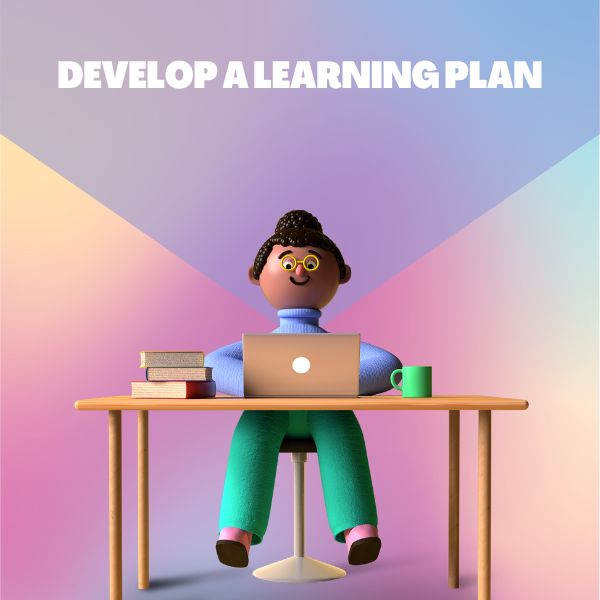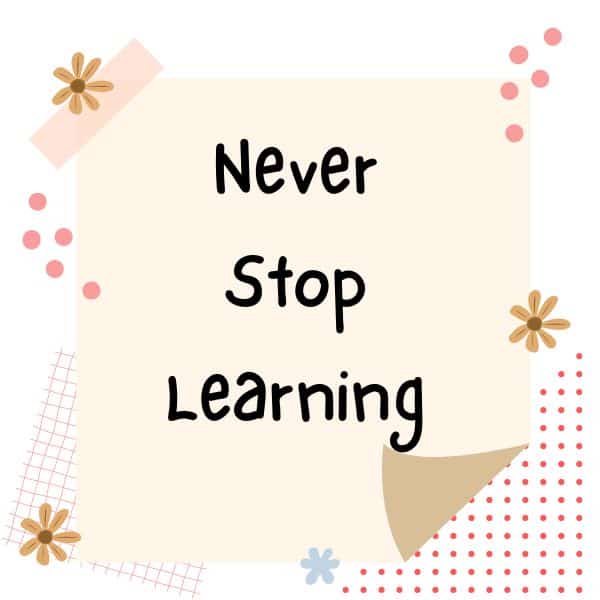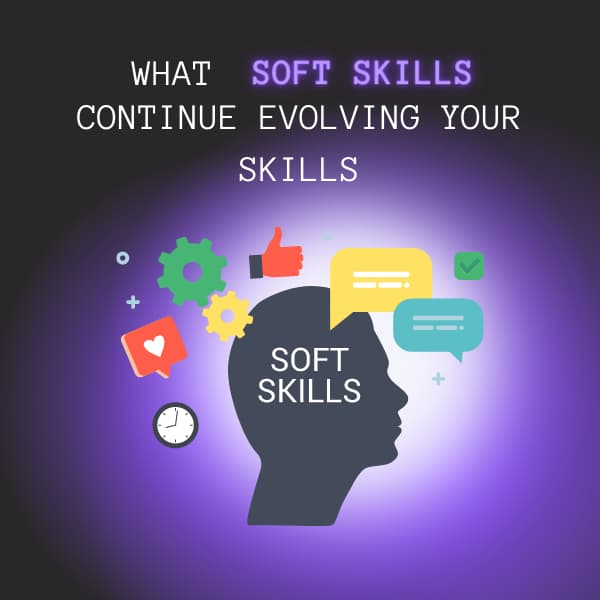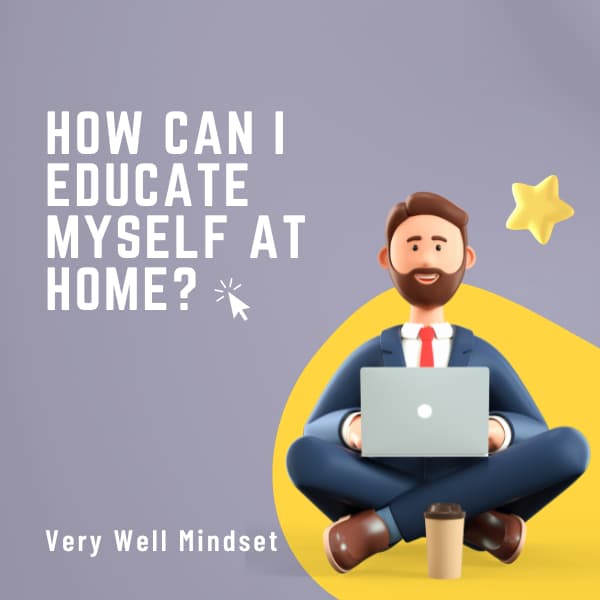How to Educate Yourself at Home
Home education has become increasingly popular in recent years as the accessibility of online courses and multimedia resources has made learning from home a viable option. With some dedication and self-motivation, you can give yourself a well-rounded education right in your own living room. Here are some effective strategies for educating yourself when you can’t attend a traditional school.
Education Options and Statistics at a Glance
| Education Method | Estimated Participants in 2020 | Average Annual Cost |
|---|---|---|
| Online Courses (MOOCs) | 92 million | Free – $100 per course |
| Community College Courses | Over 7 million students | $3,800 per year for in-state tuition |
| Textbook Self-Study | No centralized data | Cost of books ($50-200 each) |
| Private Tutoring/Instruction | 600,000+ students | $20-100 per hour |
As the table shows, online courses through platforms like Coursera, edX and Udemy have made entirely free or low-cost education widely accessible from home. Community colleges also offer more affordable options for hands-on learning structures. A self-directed study using books remains a budget-friendly path requiring self-discipline. Private tutors provide structure and feedback.
Develop a Learning Plan

The first step is deciding what subjects you want to cover and at what depth or credentials you ultimately aim to achieve. Outline core topics and build a semester-based schedule like in traditional school. This gives direction and prevents procrastination.
Assess your learning style too – some thrive with structured coursework while others prefer diving into texts and projects independently. Tailor your approach accordingly. Don’t hesitate to keep records of progress, grades if relevant and completed “courses” for accountability.
My personal recommendation is to start with general electives through MOOCs to sample different fields before committing fully to a speciality. This prevents “wasting time” on the wrong path.
Choose Learning Resources Wisely
With so much free content online, choosing high-quality sources is crucial for an effective education. Here are some tips:
- Look for courses from top-ranked universities on Coursera, edX, Khan Academy etc. Recorded lectures maintain rigour of campus learning.
- Consult course reviews to ensure the material, assignments and instructor are engaging. Active forums are a plus.
- Check providers’ accreditation if pursuing a credential. Some offer certificates or may transfer credits to degree programs.
- supplement online courses with recommended textbooks for extra depth, exercises and reference value long-term. Physical library access aids the process.
- Consider tailored subscription services for added structure/mentoring like Sophia Learning or StraighterLine if standalone self-study proves difficult.
According to researchers at Duke University, freely availing multiple resources – videos, texts, tutors – optimizes different learning styles and leads to superior retention compared to relying on one alone. Variety holds your attention better too.
Focus on Learning, Not Just Completing

It’s easy to start numerous online courses without fully engaging with the material when studying alone. Resist that temptation with these strategies:
- Physically take written notes even if lectures are recorded. This doubles attention and helps recall key ideas later.
- Set a schedule for course activities just like a regular class – spend 3 hours per weekday/weekend day on learning tasks.
- Discuss topics with peers through online forums or find an accountability study partner. Teaching others cements your own understanding.
- Replace passive consumption like watching videos with hands-on projects that apply the concepts. Practice is crucial for skills-based subjects.
- Give yourself exams and assignments to check retention rather than just advancing to the next topic. Tests are learning opportunities, not roadblocks.
With self-discipline, the flexibility of independent study can cultivate active, lifelong learning habits superior to traditional lecture-based college alone. Focus on comprehending rather than completing tasks.
Create a Conducive Study Space
Designating a comfortable, quiet corner of your home solely for academic work is important for concentration while self-educating. Some features of an ideal study nook include:
- Adequate lighting and ergonomic desk/chair setup to avoid eye/back strain during long hours. Natural light by a window aids circadian rhythm.
- Bookshelves or cabinets to keep materials organized and within eyeshot for reference. Wall space for notes.
- Noise-cancelling headphones if household noise is frequent. Isolation boosts focus.
- Snacks and water ready to avoid interruptions. Meal prepping frees time.
- Decor that relaxes the mind. Plants and artwork uplift spirits during breaks. Avoid distractions like TVs/phones.
- Proper ergonomics and light minimize risks like repetitive stress injuries. Health facilitates learning.
Making the right configuration also prevents study sessions from “bleeding” into leisure time due to an uncomfortable setup. A dedicated nook programs the mind for productivity.
Continue Evolving Your Skills

Self-education should never end with course completion. Constant skills development keeps the mind honed for success. Here are the lifelong habits of continuous learners:
- Maintain thorough notes, transcripts and a portfolio of projects to reference whenever needed. This aids career transitions.
- Set yearly learning goals to strengthen weak areas and gain qualifications/certifications if desired. Educators never stop improving.
- Join online communities and forums within areas of interest. Share knowledge and learn from others at any stage. Teaching cement mastery.
- Stay updated on innovations through blog/journal subscriptions, relevant conferences and “paid education” sources for inspiration.
- Mix theory with hands-on internships, apprenticeships or mentorships for a rounded experience. Learning never stops in isolation. Relationships matter.
- Take sabbaticals for vocational courses/immersions if a career change looms. New directions require refreshers.
Education itself transforms continuous learning into a lifelong journey rather than a destination. With home resources, self-education can power personal and career growth with flexibility.
In Summary
This article reviewed multiple practical techniques through which motivated individuals can educate themselves effectively at home using online courses, books, study strategies and ongoing skills development. With organization, commitment and a tailored approach, independent learners access educational opportunities once available only through traditional schools. Home education catalyzes continuous self-improvement when made a priority.

